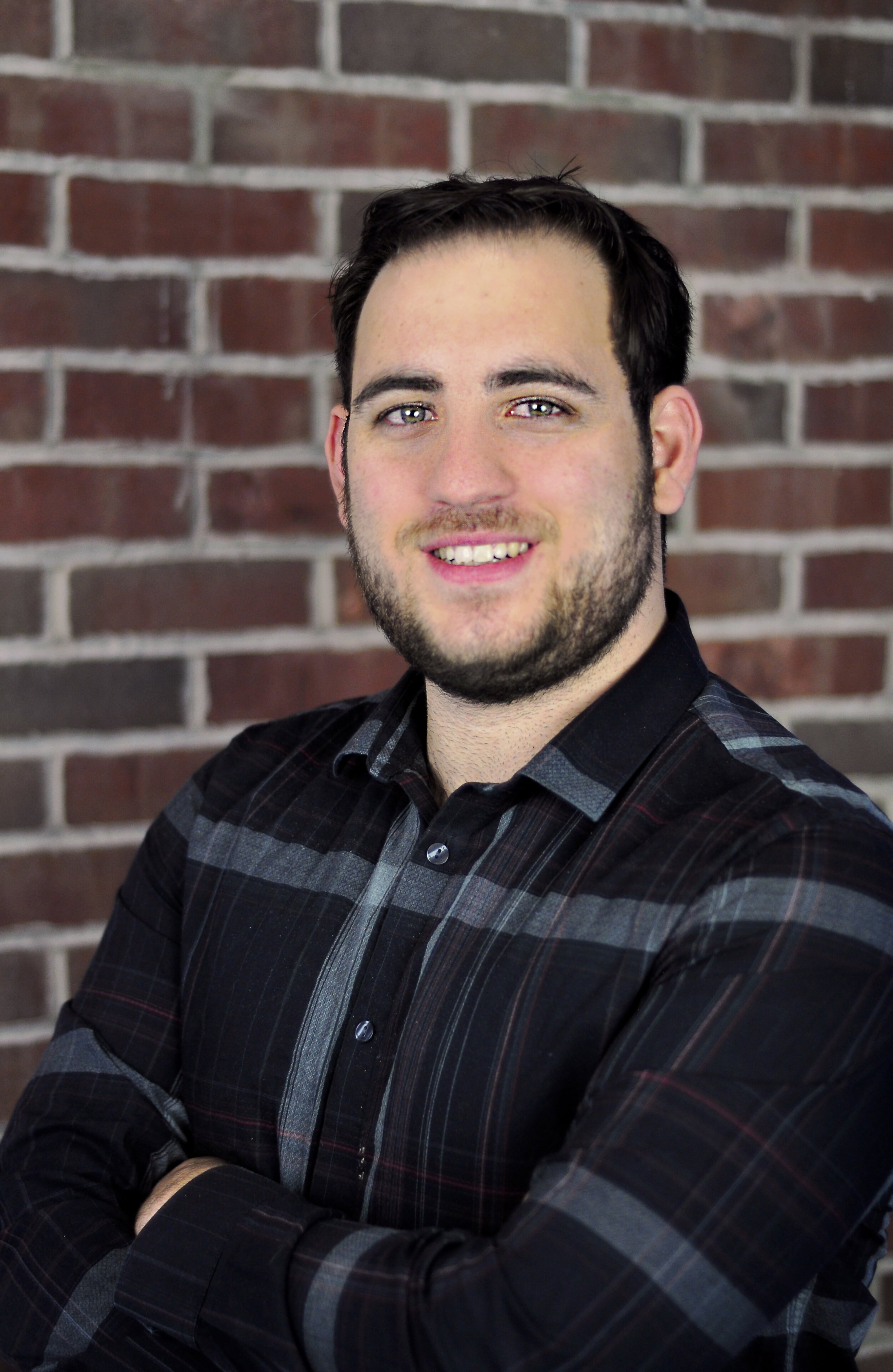Questionnaire for Journalists: Spencer Israel, Benzinga
ERPR’s series, “Questionnaire for Journalists,” features members of the media and asks about their lives and careers.
I connected with Spencer Israel, Editor, Producer and Host at Benzinga.
How did you first get into journalism? What was your first job in journalism?
Well I studied journalism at the University of Maryland, so this was always something I knew I was going to do as far back as high school. However, I'd always thought that I would end up in the sports media somehow. That was always the goal. In college, I had a bunch of internships that were focused on sports, and that led me to my first job working as a researcher at MLB Network. From there I sort of meandered for a couple of years, and the next thing I knew I'd moved to Detroit to work at Benzinga.
How do you decide what you write or publish?
I wear a bunch of different hats at Benzinga. Part of my job is as the head of our Partner Content team, which includes producing content both for Benzinga as well as for the websites of our various partners. So I have a pretty free reign. If I find something that interests me or that I think whichever partner I'm writing for will find interesting, I write about it. It really is that simple. Sometimes a partner will pitch me an article that they'd like to see and I'll take it from there.
I also manage our Contributor program, which involves publishing articles from writers outside of Benzinga. My only rules of thumb there are 1) Is it well written? 2) Is it relevant to our site and readership? 3) Did I learn something? If an article has all three of those qualities I'm inclined to publish it.
What is the most interesting news story you’re following right now that you’re not covering?
This Covid-19 crisis is a once-in-a-generation story. I've written about that a little bit, but there are so many angles that I haven't explored yet that I would like to, just in terms of the long-term implications on how we function as a society.
If you weren’t in journalism, what would you be doing?
Probably something within financial services or investor relations. The more I've learned about the financial services ecosystem in the last five years, the more passionate I've become about investing and helping others realize the same thing.
What do you read or watch every morning?
Benzinga (duh). My morning routine is very regimented to prepare for the daily trading show I produce. So I'm checking all the headlines from the morning/night before in Benzinga Pro, looking at which stocks are moving and why, and mapping out what we're going to talk about for an hour. In addition to Benzinga I'm checking other financial news outlets throughout the morning.
Which words or phrases do you most overuse?
It's not a word or phrase, but I definitely overuse the em dash (—) in my writing. I haven't used it thus far—which is a minor miracle—(damn!) and it's one of those things that I notice even though I doubt many readers would.
What do you consider your greatest achievement?
There have been a number of projects I've had the chance to work on that I'm incredibly proud of, I'm not really sure if I could pick one. In college, I spearheaded a 30,000-word oral history of a now-defunct Canadian Football League team that played in Baltimore in the '90s. That was a ton of fun. At Benzinga I've worked on a podcast for eMoney Advisor, a new app project for Fidelity, and written a ton of articles that I'm really proud of. Plus, anytime I can get a big-name guest on our morning show (we recently had the CEOs of five electric vehicle companies on, including the CEO of Nikola), that's a huge adrenaline rush.

